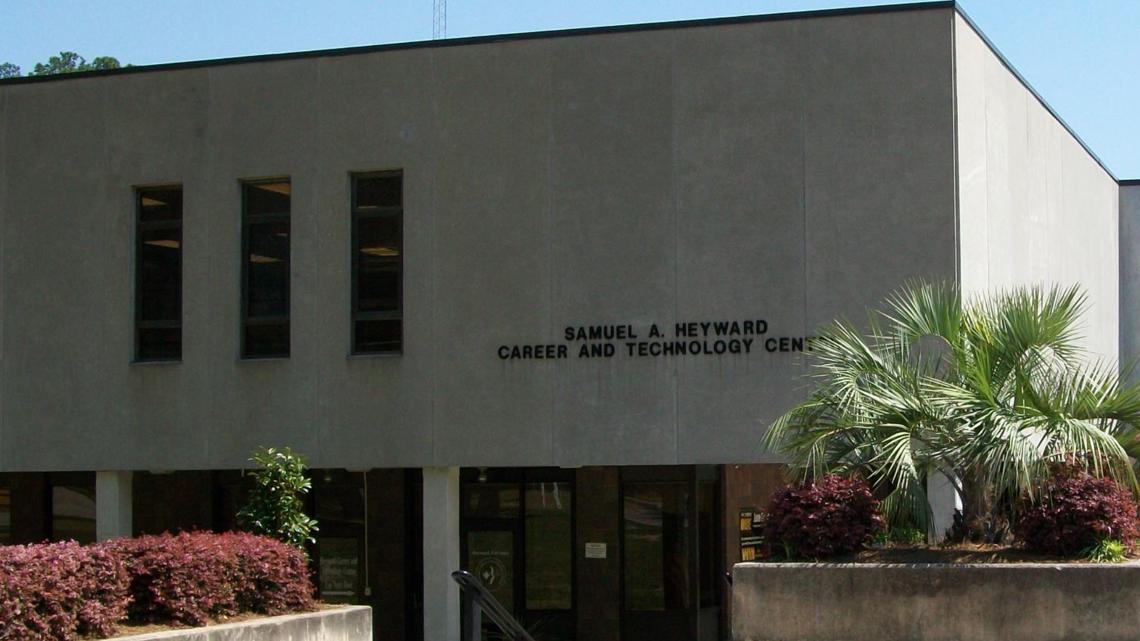Chaos at United: Tech Glitch Grounds Planes & Delays Over 1,000 Flights Across US

United Airlines Faces Major Disruption Due to System Failure
Singapore time - Travel chaos erupted across the United States on Wednesday as United Airlines experienced a significant technology malfunction, leading to the grounding of planes and a staggering 1,000+ flight delays. The disruption impacted major airports nationwide, leaving thousands of passengers stranded and travel plans in disarray.
The Unimatic System: A Critical Hub
The root cause of the problem lies within United's “Unimatic” system, a crucial platform responsible for managing vital flight information. This system isn’t an isolated entity; it feeds data to numerous other critical systems within the airline, including those that calculate aircraft weight and balance – essential for safe flight operations – and meticulously track flight times. When Unimatic falters, the ripple effect is substantial, impacting almost every aspect of flight management.
Widespread Impact & Passenger Frustration
The delays weren't limited to a single airport. Passengers across key hubs like Chicago, Denver, Houston, and Newark faced lengthy waits and cancellations. Social media was flooded with frustrated travelers sharing their experiences, highlighting the lack of clear communication and the uncertainty surrounding their journeys. Many reported being stuck on tarmacs for hours, with limited updates from airline staff.
What United Airlines is Doing
United Airlines acknowledged the issue and released a statement apologizing for the inconvenience. They stated that teams of IT specialists were working urgently to resolve the problem and restore normal operations. The airline also indicated they were providing affected passengers with meal vouchers and accommodation where necessary. However, the scale of the disruption meant that many passengers were left feeling abandoned and ill-informed.
The Ripple Effect on the Aviation Industry
This incident serves as a stark reminder of the airline industry’s increasing reliance on technology and the potential consequences of system failures. Modern aviation is heavily dependent on complex digital infrastructure, and such disruptions can have far-reaching impacts, not just for the airline involved but also for the wider travel ecosystem. The cost of these disruptions, in terms of lost revenue, passenger compensation, and reputational damage, can be substantial.
Looking Ahead: Preventing Future Disruptions
The immediate priority for United Airlines is restoring full operational capacity. However, the longer-term challenge will be to examine the vulnerabilities within their IT infrastructure and implement measures to prevent similar incidents from happening again. This may involve investing in redundant systems, enhancing cybersecurity protocols, and improving contingency planning to ensure a more resilient and reliable operation. Passengers will be watching closely to see what steps United takes to regain their trust and confidence.






